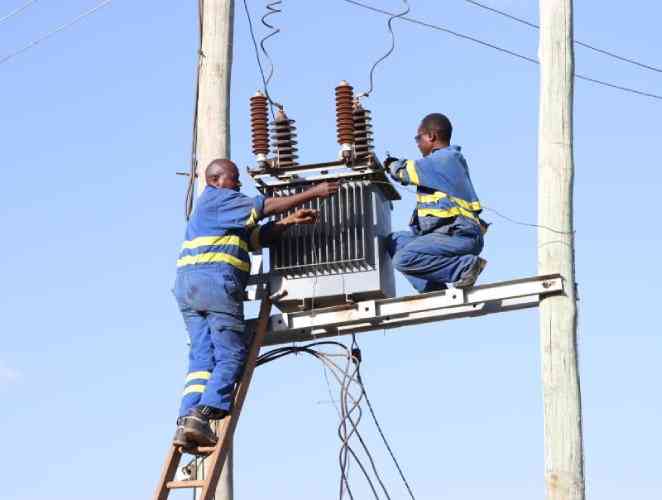Counties have received a major boost in their long-standing battle with the Kenya Power and Lighting Company (KPLC) after Senate Energy Committee chair Oburu Oginga tabled a new Bill seeking to free them from legal barriers that hinder the collection of wayleave fees.
The Energy (Amendment) Bill, 2025, proposes to grant county governments the authority to impose wayleave charges on KPLC and other state agencies without the approval of the Cabinet Secretary for Energy and Petroleum. Currently, Section 223 of the Energy Act, 2019 bars public bodies from levying such charges without ministerial consent, a provision KPLC has relied on to reject counties’ demands.
“By exempting county governments from the provision of Section 223, counties are free to charge levies on the wayleaves laid by the energy sector without seeking consent from the Cabinet Secretary,” the Bill reads.
Oburu argues the amendment will strengthen devolved units’ own-source revenue streams, in line with Article 209 (3) and (4) of the Constitution, which allows counties to impose charges and levies for services they provide.
The Bill comes against the backdrop of an escalating standoff between counties and KPLC over billions in contested payments. While counties insist the utility owes them huge sums in wayleave charges and land rates, KPLC counters that devolved units are sitting on billions in unpaid electricity bills.
In February, the row took an ugly turn when Nairobi County officials stormed KPLC’s headquarters at Stima Plaza, disconnected its sewer line, and dumped waste at the premises in retaliation for electricity disconnections at City Hall and other county offices.
Nairobi Finance CEC Charles Kerich has accused KPLC of hypocrisy, pointing out that the firm leases its poles to internet service providers for fibre-optic installations without remitting any wayleave fees to counties. The county claims KPLC owes Sh4.8 billion in wayleave charges and Sh17 million in land rates for 2025.
KPLC, however, maintains it owes nothing, instead accusing the county of failing to clear a Sh3 billion electricity bill. The utility insists Section 223 exempts it from such levies—a defence Oburu’s Bill now seeks to dismantle.

